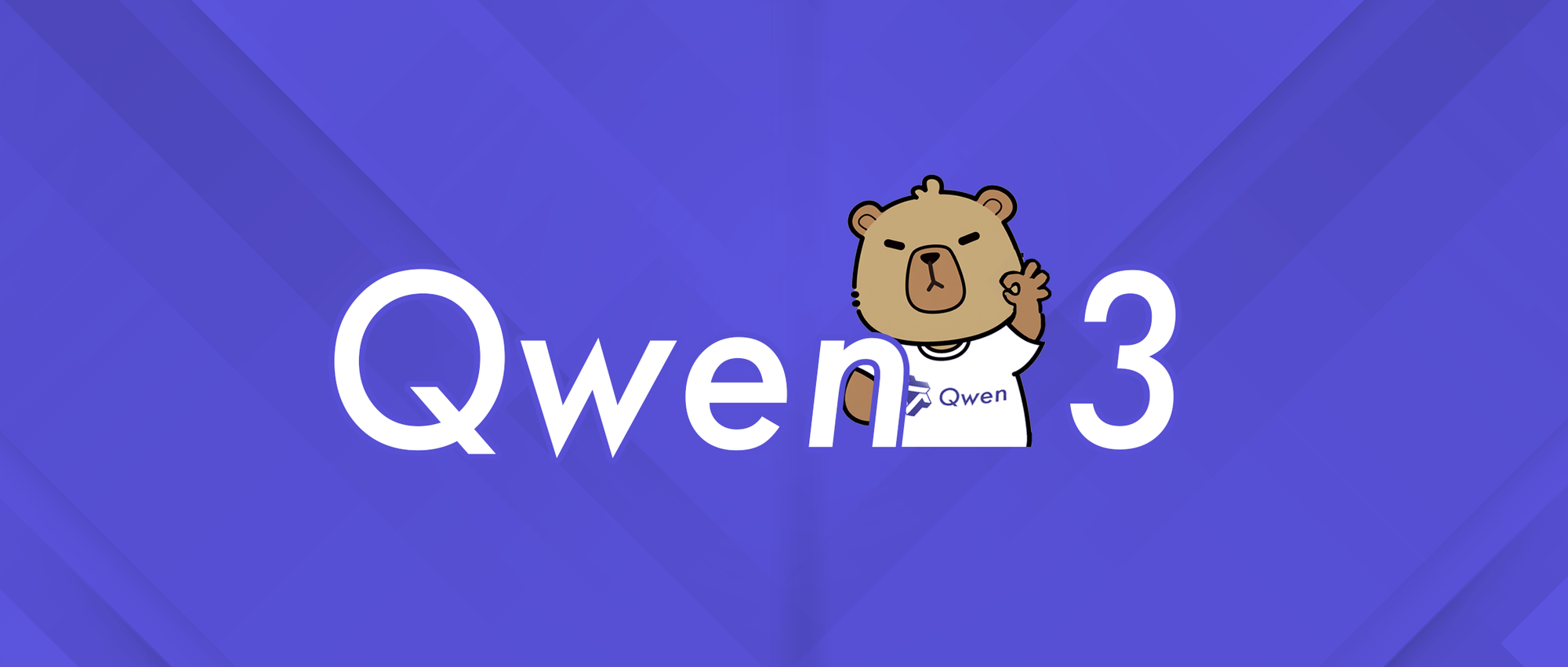Gradient is a startup focused on allowing companies to fine-tune and deploy multiple private LLMs on a single platform. The startup recently raised $10M after emerging from stealth, led by Wing VC, and including participation from Mango Capital, Tokyo Black, The New Normal Fund, Secure Octane, and Global Founders Capital. Co-founders Chris Chang, Mark Huang, and Forrest Moret realized that enterprises required a reliable way to add their private information to models to harness the potential of generative AI.
Like other solutions designed to add private information into LLMs, Gradient offers a selection of generalist and domain-specific open-source LLMs for users to fine-tune and deploy. However, unlike many of its competitors, which focus on customizing a single generalist model to optimize it for the clients' needs, Gradient was built with the determination that a combination of multiple smaller domain-specific open-source models is the most cost-effective, privacy-preserving solution when it comes to building custom AI-powered applications for enterprises. The company offers domain-specific models for finance and healthcare, with plans to eventually expand into legal and education.
Entreprises use Gradient's services via its API or deploy Gradient in the organization's public cloud services. Regardless of their choice, Gradient is committed to ensuring that their client's data stays private and that enterprises fully own the models they fine-tune using the platform. Another noteworthy feature is that Gradient claims to be more cost-effective than some competitors. Large enterprises can pay for dedicated capacity, but those using Gradient's developer tools can pay as they go, with usage measured as a thousand tokens, or around 750 words.
According to TechCrunch, Gradient CEO Chris Chang has stated that his company already works with around 20 enterprises, which amount to 'thousands' of users combined. Their main goal for the short term is to scale its cloud back-end and to grow its team from 17 full-time employees to 25 by year's end.





Comments